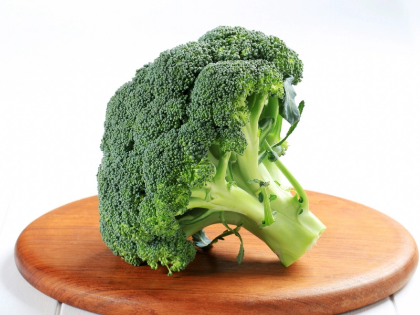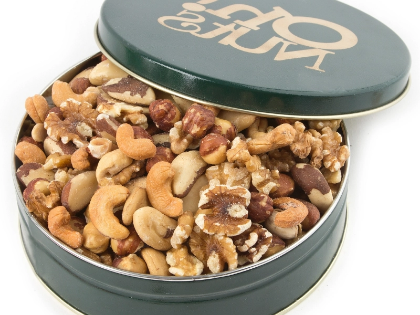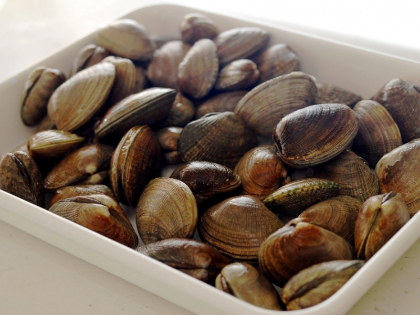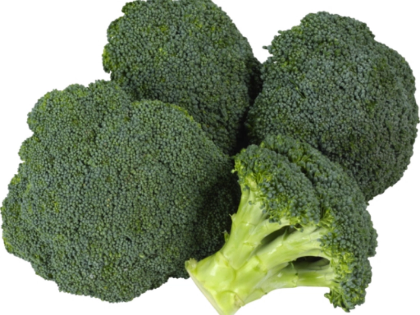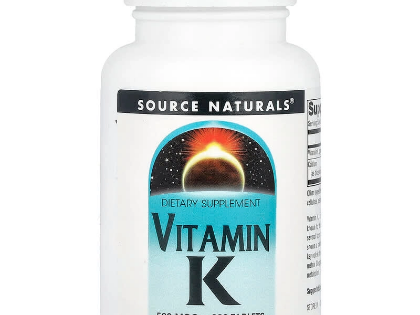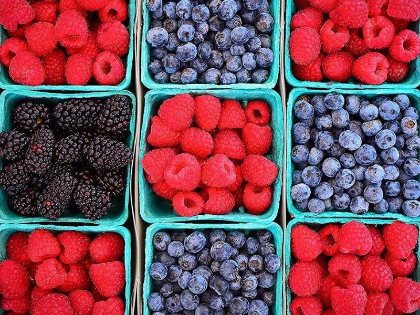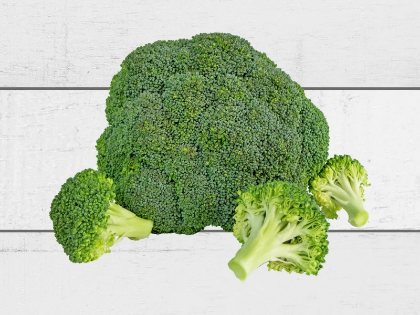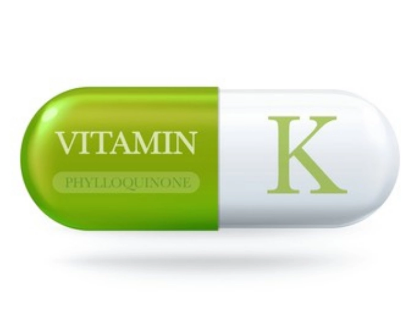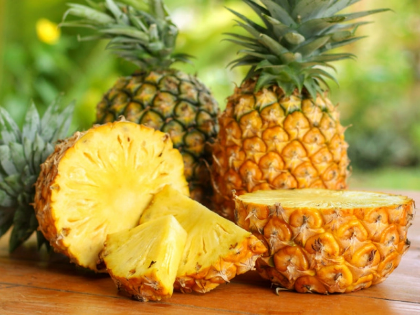The Essential Role of Vitamin K in Blood Clotting
One of the most important nutrients, vitamin K is involved in blood clotting—a procedure necessary to stop too much bleeding following injury. Although many people might not give this vitamin much thought, its value is impossible to overestimate. In light of blood coagulation especially, this article investigates the several purposes of vitamin K, its sources, and how it supports general health. Knowing vitamin K's function allows us to value it in our everyday meals and health.
1. Knowledge of Vitamin K
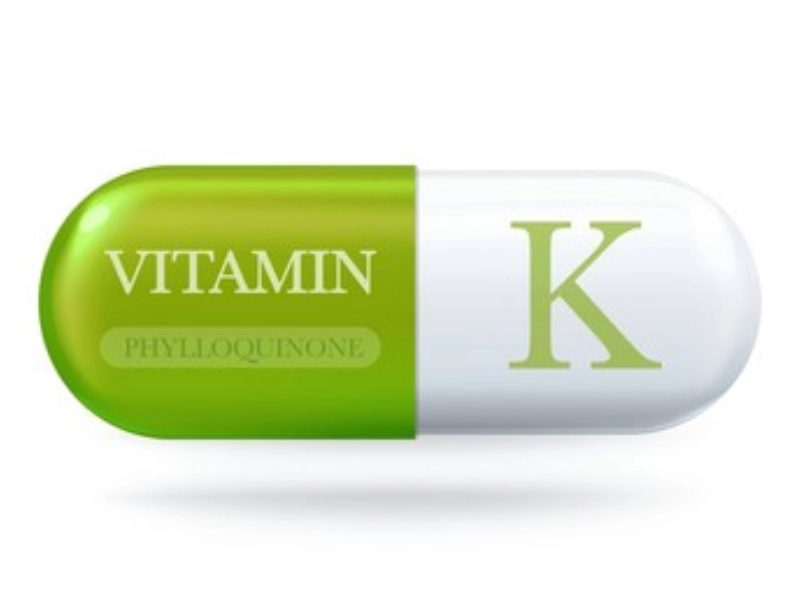
2. Blood Clotting Methodology
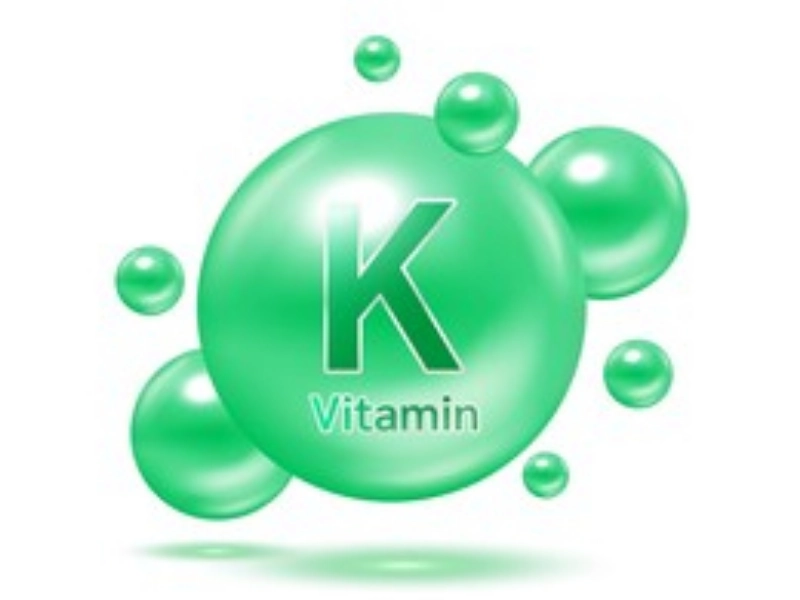 A complicated process involving a sequence of biological processes, blood clotting—also known as coagulation—is The body starts a chain reaction to control bleeding when a blood artery breaks. A type of blood cell, platelets form a temporary plug by rapidly adhering to the damage site. But this plug requires reinforcement to stop more bleeding; hence vitamin K becomes quite important.
Several important clotting factors—including prothrombin (factor II), factor VII, factor IX, and factor X—synthesise vitamin K. Made in the liver, the protein prothrombin changes into thrombin during the coagulation process. Thrombin next changes fibrinogen into fibrin, which creates a stable clot. Insufficient vitamin K reduces the synthesis of these clotting agents, which causes extended bleeding and a higher risk of haemorrhage.
Knowing this process emphasises the important part vitamin K plays in preserving haemostasis, the body's equilibrium between bleeding and clotting. Supporting this important activity depends on enough vitamin K consumption.
A complicated process involving a sequence of biological processes, blood clotting—also known as coagulation—is The body starts a chain reaction to control bleeding when a blood artery breaks. A type of blood cell, platelets form a temporary plug by rapidly adhering to the damage site. But this plug requires reinforcement to stop more bleeding; hence vitamin K becomes quite important.
Several important clotting factors—including prothrombin (factor II), factor VII, factor IX, and factor X—synthesise vitamin K. Made in the liver, the protein prothrombin changes into thrombin during the coagulation process. Thrombin next changes fibrinogen into fibrin, which creates a stable clot. Insufficient vitamin K reduces the synthesis of these clotting agents, which causes extended bleeding and a higher risk of haemorrhage.
Knowing this process emphasises the important part vitamin K plays in preserving haemostasis, the body's equilibrium between bleeding and clotting. Supporting this important activity depends on enough vitamin K consumption.
3. Health Concerns Regarding Vitamin K Deficiency
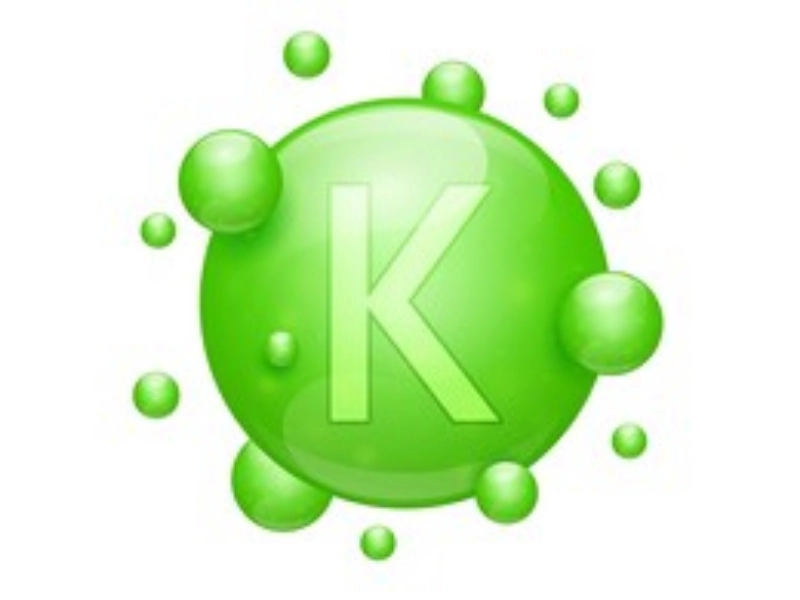 Particularly in relation to blood clotting, vitamin K deficiency can cause major medical problems. Those low in vitamin K could have delayed clotting times, easy bruising, and too much bleeding. In severe situations, vitamin K deficiency can cause spontaneous bleeding—a potentially fatal condition.
Some groups run more danger of vitamin K shortage. For example, babies are especially sensitive since their birth to low levels of vitamin K. Many doctors advise vitamin K injections soon after birth to help avoid deficiencies. Furthermore increasing their risk are those with malabsorption illnesses, such as Crohn's disease or coeliac disease, who may find it difficult to absorb vitamin K from their diets.
Moreover, several drugs, including anticoagulants (blood thinners), might interfere with vitamin K metabolism, so patients on these drugs must keep constant vitamin K intake. Knowing the dangers related to vitamin K shortage emphasises the need of keeping an eye on and guaranteeing enough intake of this vital mineral.
Particularly in relation to blood clotting, vitamin K deficiency can cause major medical problems. Those low in vitamin K could have delayed clotting times, easy bruising, and too much bleeding. In severe situations, vitamin K deficiency can cause spontaneous bleeding—a potentially fatal condition.
Some groups run more danger of vitamin K shortage. For example, babies are especially sensitive since their birth to low levels of vitamin K. Many doctors advise vitamin K injections soon after birth to help avoid deficiencies. Furthermore increasing their risk are those with malabsorption illnesses, such as Crohn's disease or coeliac disease, who may find it difficult to absorb vitamin K from their diets.
Moreover, several drugs, including anticoagulants (blood thinners), might interfere with vitamin K metabolism, so patients on these drugs must keep constant vitamin K intake. Knowing the dangers related to vitamin K shortage emphasises the need of keeping an eye on and guaranteeing enough intake of this vital mineral.
4. Vitamin K Dietary Sources
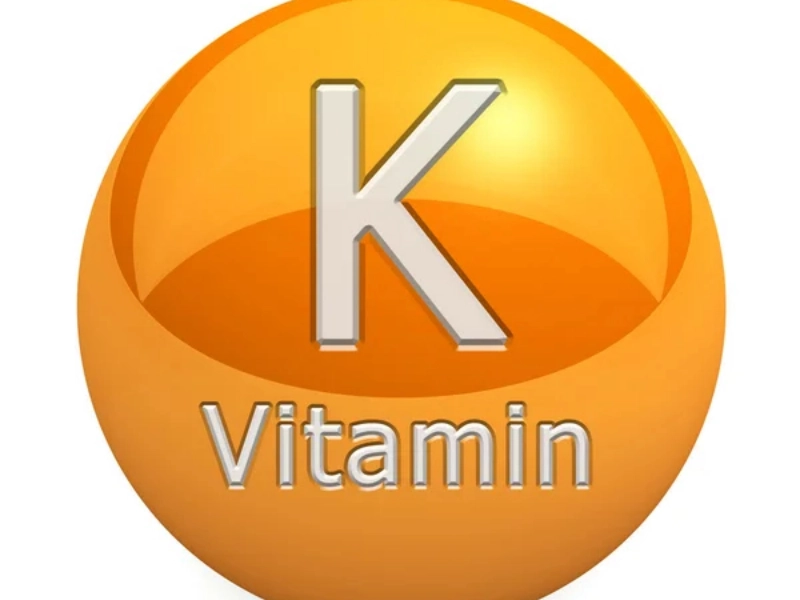 Including foods high in vitamin K will help to preserve ideal levels of this vitamin. Among the better sources of vitamin K1 are green leafy vegetables. Great selections are foods including kale, spinach, collard greens, and Swiss chard. Your vitamin K consumption will be much increased by including these vegetables in salads, smoothies, or cooked meals.
Apart from leafy greens, broccoli, Brussels sprouts, and several vegetable oils, including soybean and canola oil, include vitamin K. Fermented foods include sauerkraut, some cheeses, and natto—fermented soybeans—are excellent choices for those wishing to boost their vitamin K2 consumption. Additionally supplying vitamin K2 are animal foods including chicken, egg yolks, and liver.
Including a range of these items and varying your diet will help you to readily satisfy your vitamin K requirements. Knowing which foods are high in vitamin K will enable you to choose your diet with knowledge in support of your health and well-being.
Including foods high in vitamin K will help to preserve ideal levels of this vitamin. Among the better sources of vitamin K1 are green leafy vegetables. Great selections are foods including kale, spinach, collard greens, and Swiss chard. Your vitamin K consumption will be much increased by including these vegetables in salads, smoothies, or cooked meals.
Apart from leafy greens, broccoli, Brussels sprouts, and several vegetable oils, including soybean and canola oil, include vitamin K. Fermented foods include sauerkraut, some cheeses, and natto—fermented soybeans—are excellent choices for those wishing to boost their vitamin K2 consumption. Additionally supplying vitamin K2 are animal foods including chicken, egg yolks, and liver.
Including a range of these items and varying your diet will help you to readily satisfy your vitamin K requirements. Knowing which foods are high in vitamin K will enable you to choose your diet with knowledge in support of your health and well-being.
5. The interaction among other nutrients and vitamin K
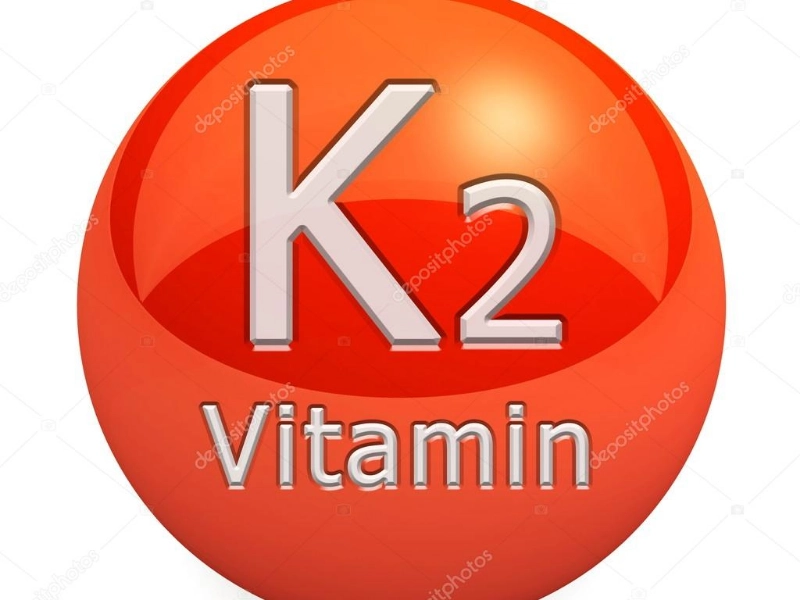 Vitamin K interacts with several other nutrients that are vital for preserving ideal health; it cannot work alone. Among the most important linkages are those between vitamin K and vitamin D. Together with vitamin K, vitamin D is involved in calcium metabolism and guarantees that calcium is used in the body correctly—especially in relation to bone health.
While preventing calcium from building up in the arteries and soft tissues, which may cause cardiovascular problems, vitamin K helps guide calcium to the bones and teeth. This cooperative interaction emphasises the need of eating both vitamins for general health, especially as we age.
Other minerals that assist different body processes in concert with vitamin K are magnesium and zinc. Maintaining a balanced diet of these minerals will help vitamin K to be more effective and support improved health results. Knowing these connections will enable people to choose their food more wisely in order to promote their general health.
Vitamin K interacts with several other nutrients that are vital for preserving ideal health; it cannot work alone. Among the most important linkages are those between vitamin K and vitamin D. Together with vitamin K, vitamin D is involved in calcium metabolism and guarantees that calcium is used in the body correctly—especially in relation to bone health.
While preventing calcium from building up in the arteries and soft tissues, which may cause cardiovascular problems, vitamin K helps guide calcium to the bones and teeth. This cooperative interaction emphasises the need of eating both vitamins for general health, especially as we age.
Other minerals that assist different body processes in concert with vitamin K are magnesium and zinc. Maintaining a balanced diet of these minerals will help vitamin K to be more effective and support improved health results. Knowing these connections will enable people to choose their food more wisely in order to promote their general health.
6. Considerations and supplements
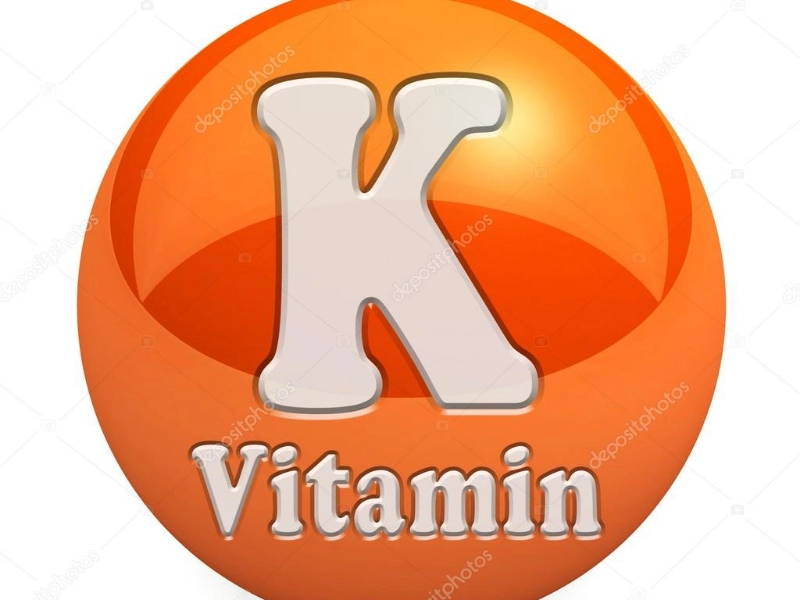 Although dietary sources are usually the greatest way to get nutrients, some people might need vitamin K supplements to satisfy their requirements. Those on long-term anticoagulant treatment, with malabsorption problems, or with certain medical conditions should especially find this true. Still, supplements should always be taken under professional advice and with great caution.
Monitoring vitamin K consumption is crucial, particularly for people on blood thinners, since changes in vitamin K levels could compromise the effectiveness of these drugs. Maintaining steady blood clotting levels requires consistent dietary vitamin K intake.
See a healthcare professional to ascertain the proper dosage and make sure any supplement fits your particular medical condition before beginning any one. Knowing when and how to augment vitamin K will enable people to support their body's blood clotting mechanisms efficiently and preserve the best health.
Although dietary sources are usually the greatest way to get nutrients, some people might need vitamin K supplements to satisfy their requirements. Those on long-term anticoagulant treatment, with malabsorption problems, or with certain medical conditions should especially find this true. Still, supplements should always be taken under professional advice and with great caution.
Monitoring vitamin K consumption is crucial, particularly for people on blood thinners, since changes in vitamin K levels could compromise the effectiveness of these drugs. Maintaining steady blood clotting levels requires consistent dietary vitamin K intake.
See a healthcare professional to ascertain the proper dosage and make sure any supplement fits your particular medical condition before beginning any one. Knowing when and how to augment vitamin K will enable people to support their body's blood clotting mechanisms efficiently and preserve the best health.

